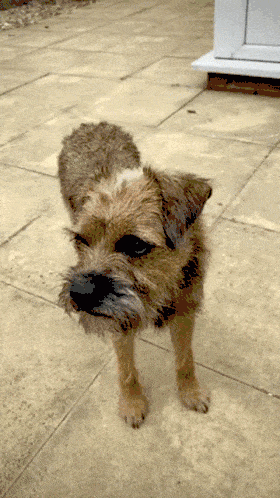
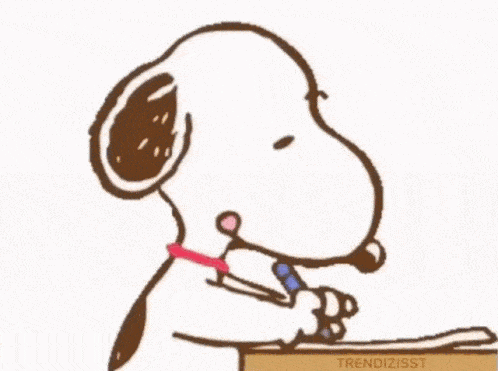
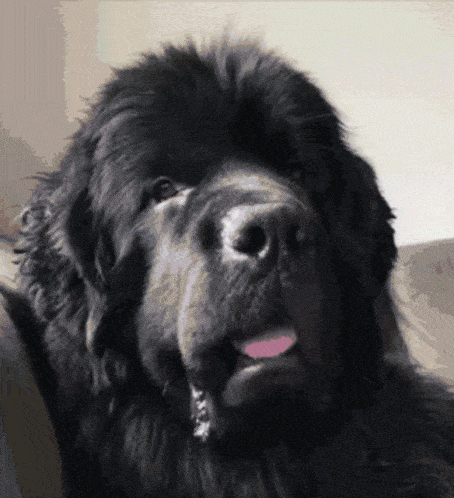
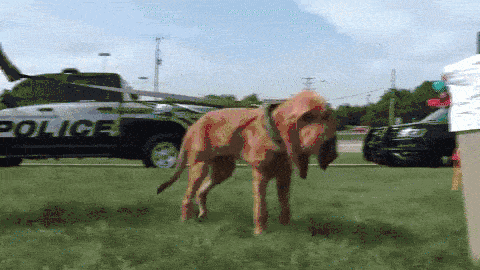
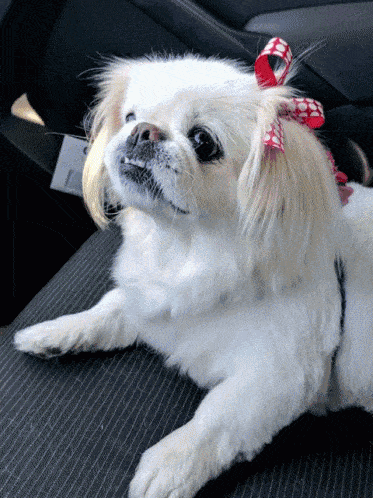

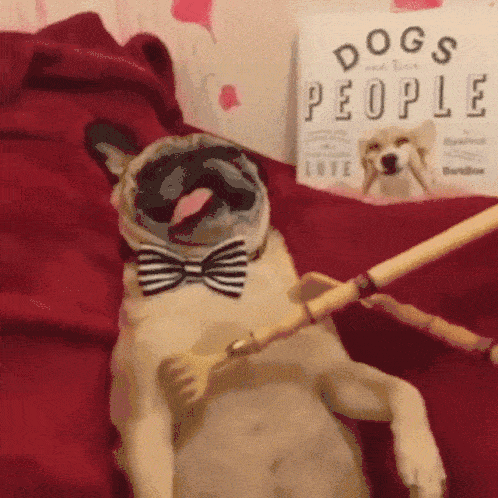
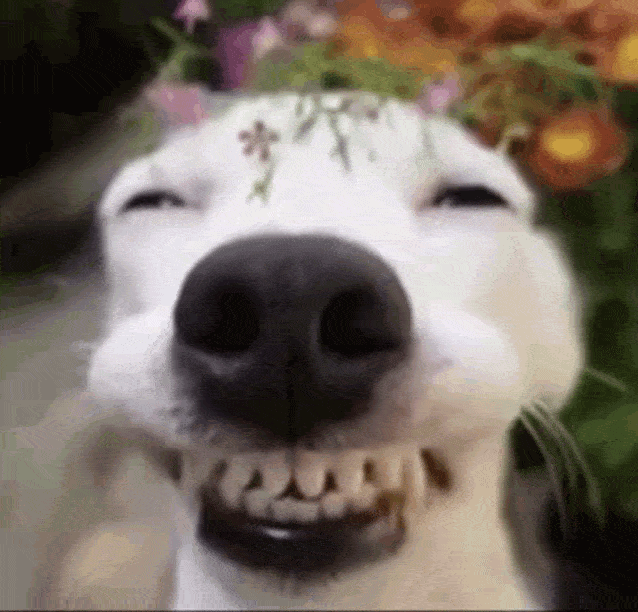
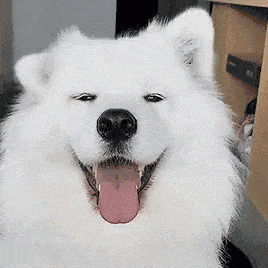
Hello everyone. We all love cute animals, right? There are cat and dog lovers here for sure. Today we have a quiz for people for whom the dog is the best friend. How many breeds of dogs do you recognize? How much do you know about them? Today’s quiz will test your knowledge. Are you ready? Before we even get to the quiz, let’s say a few words about these lovely pets.
The dog or domestic dog is a domesticated descendant of the wolf and is characterized by an upturning tail. The dog is derived from an ancient, extinct wolf, and the modern wolf is the dog’s nearest living relative. The dog was the first species to be domesticated by hunter-gatherers over 15,000 years ago. Due to their long association with humans, dogs have expanded to a large number of domestic individuals and gained the ability to thrive on a starch-rich diet that would be inadequate for other canids.
The dog has been selectively bred over millenniums for various behaviors, sensory capabilities, and physical attributes. Dog breeds vary widely in shape, size, and color. They perform many roles for humans, such as hunting, herding, pulling loads, protection, assisting police and the military, companionship, therapy, and aiding disabled people. Over the millennia, dogs became uniquely adapted to human behavior. The human-canine bond has been a topic of frequent study. This influence on human society has given them the sobriquet of “man’s best friend”.
In 1758, the Swedish botanist and zoologist Carl Linnaeus published in his Systema Naturae, the two-word naming of species (binomial nomenclature). Canis is the Latin word meaning “dog”, and under this genus, he listed the domestic dog, the wolf, and the golden jackal. He classified the domestic dog as Canis familiaris and, on the next page, the grey wolf as Canis lupus. Linnaeus considered the dog a separate species from the wolf because of its upturning tail, which is not found in any other canid. In 1999, a study of mitochondrial DNA indicated that the domestic dog may have originated from the grey wolf, with the dingo and New Guinea singing dog breeds having developed when human communities were more isolated from each other.
Dogs are the most variable mammal on earth with around 450 globally recognized dog breeds. In the Victorian era, directed human selection developed the modern dog breeds, which resulted in a vast range of phenotypes. Most breeds were derived from small numbers of founders within the last 200 years. Since then, dogs have undergone a rapid phenotypic change. They were formed into today’s modern breeds due to artificial selection imposed by humans. The skull, body, and limb proportions vary significantly between breeds, with dogs displaying more phenotypic diversity than can be found within the entire order of carnivores. These breeds possess distinct traits related to morphology, which include body size, skull shape, tail phenotype, fur type, and color. Their behavioral traits include guarding, herding, hunting, retrieving, and scent detection. Their personality traits include hypersocial behavior, boldness, and aggression, which demonstrates the functional and behavioral diversity of dogs. As a result, present-day dogs are the most abundant carnivore species and are dispersed around the world. The most striking example of this dispersal is that of the numerous modern breeds of European lineage during the Victorian era.
Dogs were depicted to symbolize guidance, protection, loyalty, fidelity, faithfulness, alertness, and love. In ancient Mesopotamia, from the Old Babylonian period until the Neo-Babylonian, dogs were the symbol of Ninisina, the goddess of healing and medicine, and her worshippers frequently dedicated small models of seated dogs to her. In the Neo-Assyrian and Neo-Babylonian periods, dogs were used as emblems of magical protection. In China, Korea, and Japan, dogs are viewed as kind protectors.
In mythology, dogs often serve as pets or as watchdogs. Stories of dogs guarding the gates of the underworld recur throughout Indo-European mythologies and may originate from Proto-Indo-European religion. In Greek mythology, Cerberus is a three-headed, dragon-tailed watchdog who guards the gates of Hades. Dogs are also associated with the Greek goddess Hecate. In Norse mythology, a bloody, four-eyed dog called Garmr guards Helheim. In Persian mythology, two four-eyed dogs guard the Chinvat Bridge. In Welsh mythology, Annwn is guarded by Cŵn Annwn. In Hindu mythology, Yama, the god of death, owns two watchdogs who have four eyes. They are said to watch over the gates of Naraka. A black dog is also considered to be the vahana (vehicle) of Bhairava (an incarnation of Shiva).
As you can see, dogs have always played a huge role in our culture and tradition. We love these four-legged friends, and they love us. How many dog breeds do you know? Do you want to check how many points you are able to get? Answer twenty questions in this quiz and test your knowledge now!